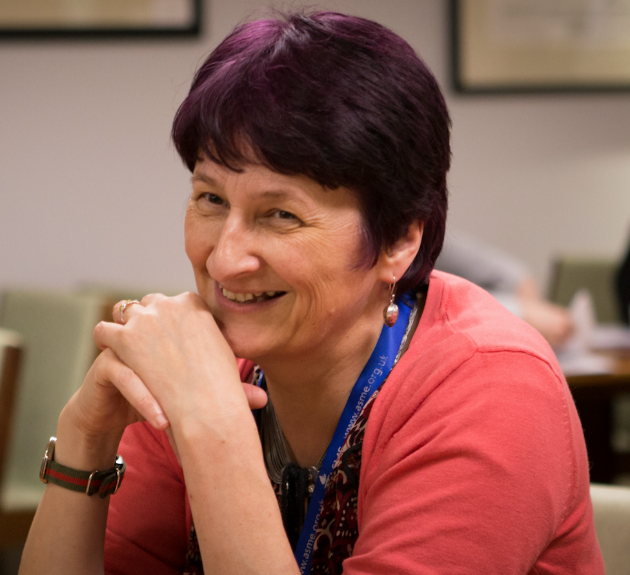University of Dundee
Masters in Medical Education
This case study is from a completely online postgraduate programme for healthcare professionals who may be based anywhere in the world. Key to creating a sense of belonging on this programme has been creating clear student cohorts so that students move through a module together, and the use of small group exercises to allow the sharing of personal experiences and stories that are key to establishing a relationship of trust between students and staff.
Contributor: Dr Susie Schofield
6. Recommendations
- The move to cohorts was essential in developing a sense of belonging. Prior to this, it was very difficult to organise collaboration between students.
- The perennial challenge is that of including synchronous activities. On reflection this just may not work for the kinds of students on this programme (shift work, different timezones). The students don’t turn up, even when multiple times are offered, so they are perhaps voting with their feet and telling us that they are just unable to engage with this kind of educational experience.
- Finding the right number for group work took some trial and error, and around 20 seems to be ideal, at least for first years; smaller numbers don’t work, as not all students engage all of the time. However, as students progress they become more confident and smaller groups may work at higher levels.
- We would like to introduce more longitudinal elements as a next step to developing the programme. Some students find it difficult to plan their modules, and their pathway through the programme, experiencing things ‘module by module’. Tasks like completing a teaching portfolio would encourage reflection over a longer period, or other forms of patchwork assessment in which smaller assessments are pieced together to form a coherent whole. This will encourage ownership over learning, and autonomy and hopefully shift student mindsets from “I belong to a module” to “I belong to a programme”.
